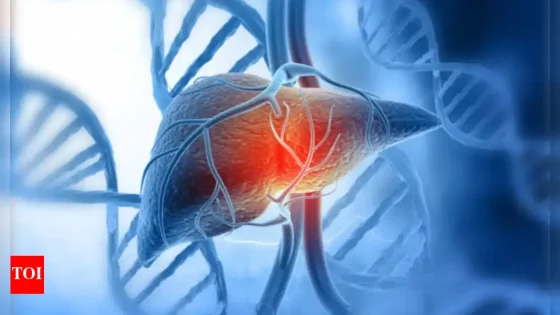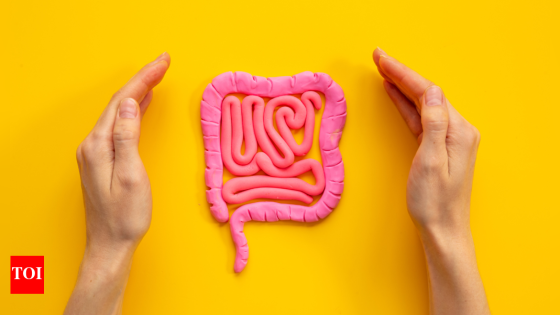Many people turn to a vegan diet to improve their health, but transitioning can be challenging. As one individual discovered on their journey, the switch to plant-based eating didn’t yield the expected energy boost. Instead, they faced fatigue and bloating, leading to a realization that their approach needed adjustment. On June 30, 2025, they shared insights on how to navigate common pitfalls in veganism.
- Veganism isn't synonymous with health.
- Focus on whole, minimally processed foods.
- Ensure adequate protein intake daily.
- Supplement B12 and iron for energy.
- Gradually increase fiber to avoid discomfort.
- Embrace flexibility and self-compassion in choices.
Understanding that “vegan” doesn’t automatically mean “healthy” is crucial. Many processed vegan foods can lead to nutrient deficiencies and digestive issues. So, how can you ensure your plant-based diet truly supports your health?
Many new vegans wonder why they feel worse instead of better. The key lies in nutrient balance and food choices. It’s essential to prioritize whole, minimally processed foods over refined options. Consider these recommendations:
- Include a variety of whole grains, legumes, and vegetables in your meals.
- Monitor protein intake to support metabolism and energy levels.
- Supplement with B12 and consume iron-rich plant foods paired with vitamin C.
- Gradually increase fiber intake to avoid digestive discomfort.
Embracing a vegan lifestyle can be rewarding, but it requires mindfulness and preparation. By focusing on nourishing foods and listening to your body, you can thrive on a plant-based diet.

















![[Adobe Stock]](https://news.faharas.net/wp-content/uploads/2025/07/Ketogenic-Diet-Boosts-Brain-Blood-Flow-by-22-and-BDNF-230x129.jpg)















